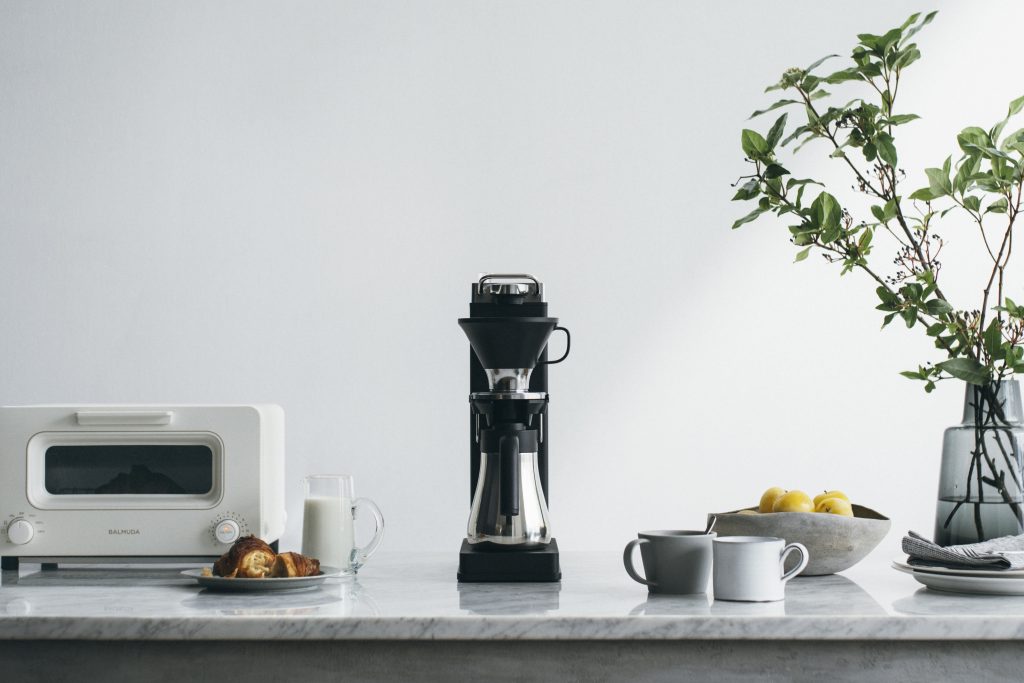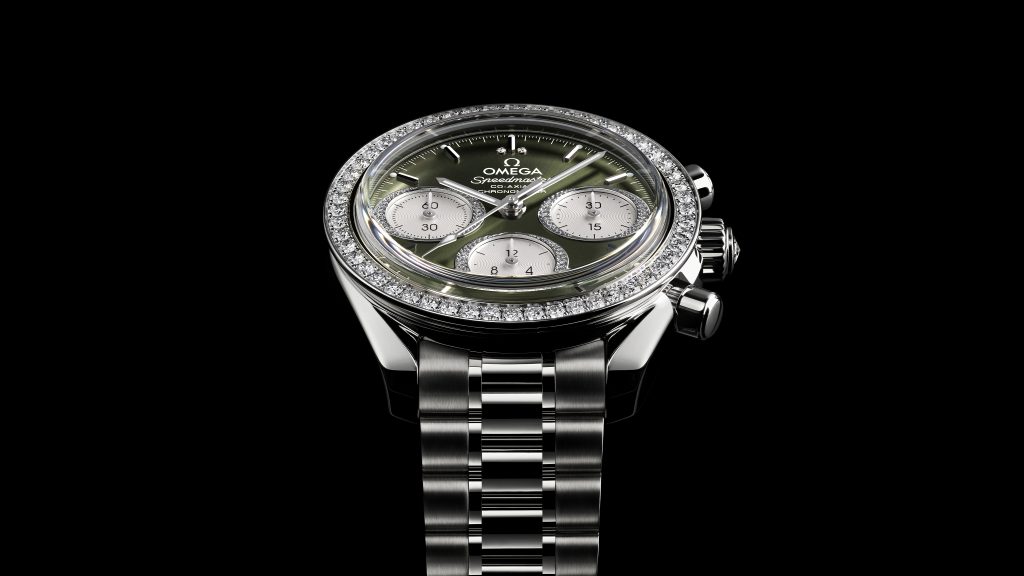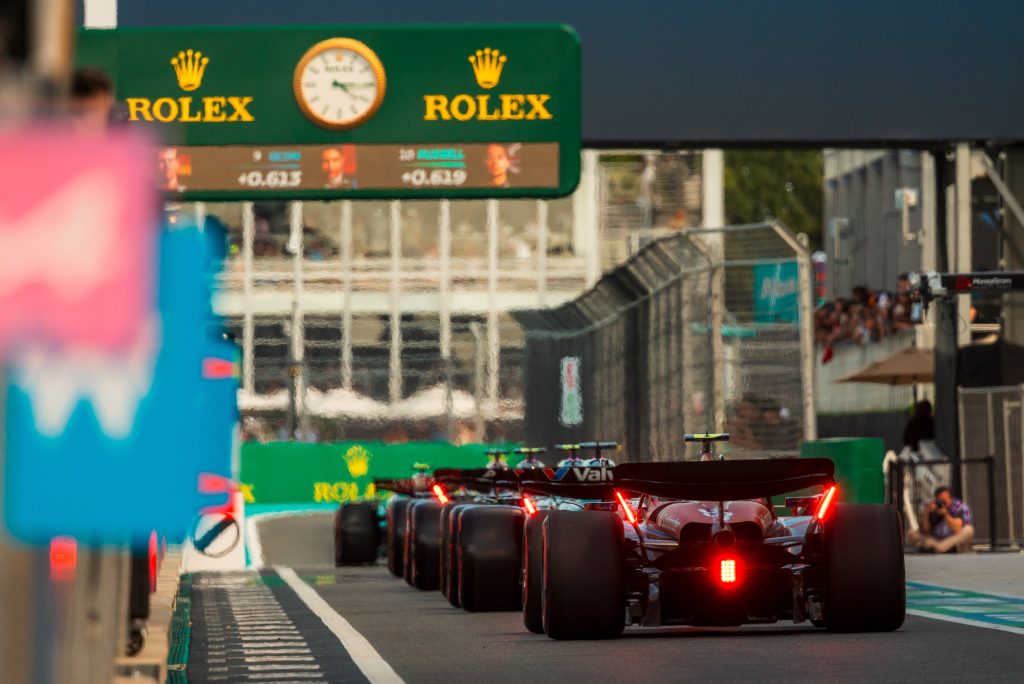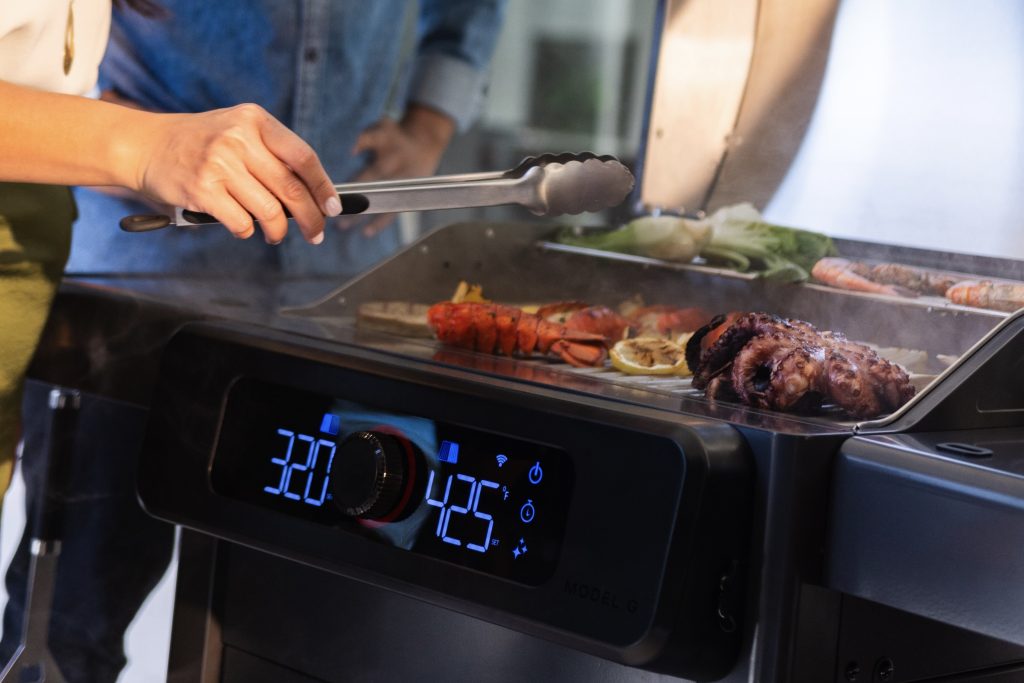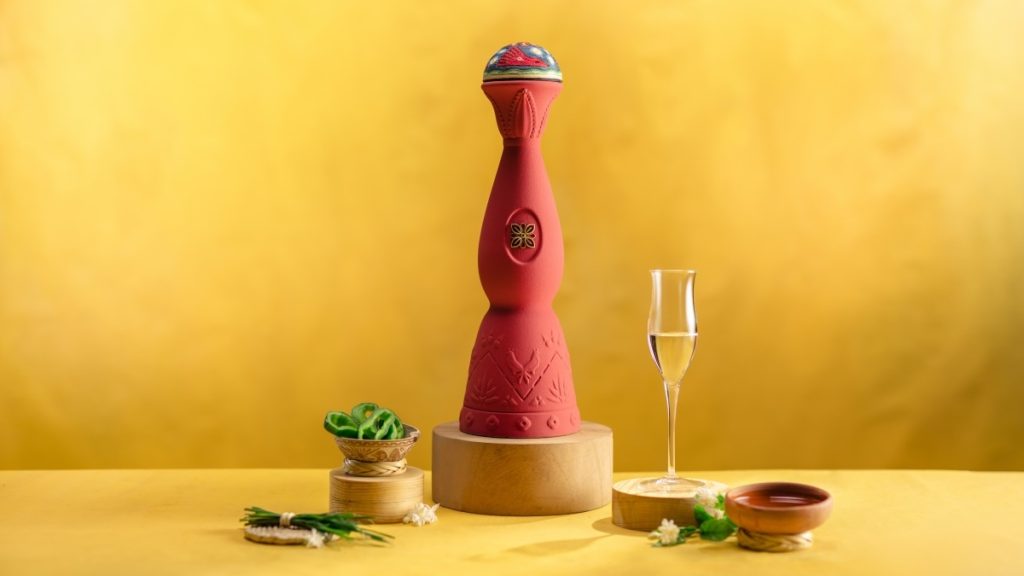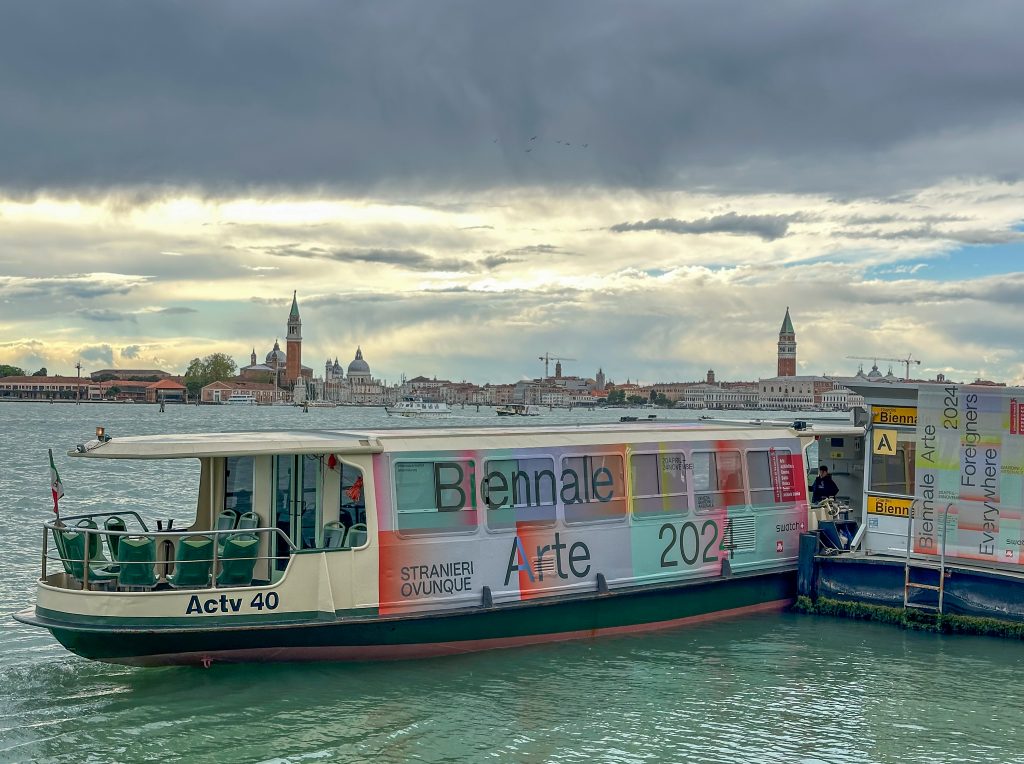Interview: Wayout Micro-Factories Co-Founder and Creative Director, Martin Renck
The brand’s automated machines filter water and drastically reduce reliance on traditional production techniques

Swedish sustainable technology firm Wayout successfully engineered an all-encompassing, solar-powered brewing system—essentially a micro-factory—that’s available at a flat rate through a subscription plan. All of the machine’s processes are automated—filtering water (which can be done instantly) or brewing beer, soft drinks, sodas, ciders, and kombucha (which take seven to 10 days)—and can be monitored locally via a smartphone app or from the firm’s office in Stockholm. In the same way that 3D printers are loaded with material and then left to do the rest of the work, the Wayout micro-factories (which weigh 7.5 tons empty and 12 tons full) can mix, brew, store, and clean all internally and without manual labor or tedious monitoring. Plus, the exterior panels and serving stations are completely customizable and adaptable to fit the given owner’s needs.
Its most basic function is filtering 70,000 liters of water each month for drinking in the community in its proximity—without the 200,000 plastic bottles needed or the eight tons of greenhouse gases emitted in order to distribute it. Wayout’s aim for their micro-factory (a “lean and clean local production machine,” as co-founder and creative director Martin Renck calls it) is to eventually bring clean water to the majority of the planet’s population that otherwise do not have access.
Ahead of the installation of one of the first Wayout micro-factories at the Sayari Camp in Northern Serengeti, we spoke with Renck to discuss the system’s inception, intention, and potential applications—from rural communities in Africa to resort bars across the world.

How was the technology conceptualized?
Food and beverage production is built on outdated structures with ingrained problems that are costly both for business and consumers—and for the planet. Production and knowhow is centralized, just as capital and innovation is. The unsustainable food industry is a main driver of global inequity, pandemics and climate change. In order to reverse this, food and beverage must be produced where it is consumed. The technology is already here—we just need to get it out there and put it to use. Our idea is simple: we make sustainable commercial beverage production micro-factories. These are offered to organizations and entrepreneurs that see the opportunities in locally producing beverages with a minimal eco-footprint.
We enable local prosperity, bypass the outdated industrial structures, and help humanity transition to a greener, healthier and safer future
By relocating the benefits of the business to where the products are consumed, we enable local prosperity, bypass the outdated industrial structures, and help humanity transition to a greener, healthier and safer future. We wanted to make a lean and clean local production machine. We wanted it to be simple to operate, less costly (both economically and ecologically) and with increased possibilities as to what you could offer your customers in terms of variety and styles—and with highest quality in hygiene, taste and craftsmanship.

What can you make with one?
At the moment, our micro-factories can make perfect quality still and sparkling mineral water, an almost unlimited range of soft drinks, smart drinks and functional drinks, and various brews, like craft beer, craft ciders and kombucha. The brewery is fully automated and—at this capacity—probably the most compact one available on the planet today. We only brew from extract, meaning we skip the malting and worting processes and start our brewing from the wort extract. This saves time and space and money—and energy and CO₂.

There are lots of sustainability metrics you’ve estimated. Can you explain more plainly how this is a more sustainable option than bottling, shipping, and producing beverages?
It’s mainly the old structures that are unsustainable. We’ve gotten so used to them that we can’t seem to be able to think outside the box. The problems we as humanity face can’t be resolved if we still think the way we thought when we created them. For example, bottled water uses 2,000 times more energy than tap water. Every day, 1.4 billion plastic bottles are sold. More than 90% are not recycled. It takes at least 450 years for a plastic bottle to completely degrade. In the meantime, it turns into toxins and micro-plastics that end up in the oceans and inside all living things.
Coca-Cola, PepsiCo and Nestlé are the world’s biggest plastic polluters. Coca-Cola produces about three million tons of plastic packaging a year—equivalent to 200,000 bottles a minute. Imported bottled beer releases 400% more CO₂ compared to locally brewed beer served from tap on site.
Greater awareness of environmental factors is creating demand for products that preemptively guard against environmental concerns. Water will be a stressed resource. Many cities will be constantly in a state of water shortage. Big, centralized industry drains aquifers, uses up resources and dumps trash where there are no systems for recycling. What our concept solves is that instead of shipping pre-packaged beverages around the planet—producing tons and tons of excess carbon dioxide and leaving billions of plastic bottles in the wake—we provide a sustainable alternative for local coverage of water and beverages.
By removing the handling of bottles, we also remove a number of costly and harmful side effects from the entire beverages industry. The eco-footprint is kept at a minimum by carefully qualifying the technology, the sources of energy and the ingredients. Ideally, the only CO₂ we produce is what sparkles in the beverages.

Who is the intended owner of one of your micro-factories? Who benefits most from its proximity?
Our micro-factories would sit well with any hospitality chain or beverage company that wishes to produce beverages where they are consumed, wishes to increase profit by producing their own beverages, wishes to deepen their customers’ brand experience through a tailored beverage portfolio, wishes to profile themselves as environmentally responsible and proactively sustainable, and wishes to help lead the way to a greener future by ridding their system of plastic bottles.
Typically, this would be businesses and chains within the hospitality and horeca [catering] industries, such as hotels and restaurants, bars and night clubs, arenas and catering services—but also beer brands that want to produce locally and sustainably.
Images courtesy of Wayout
